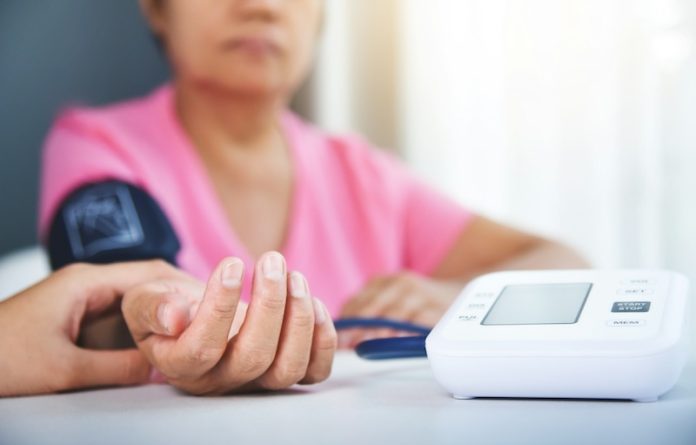
High blood pressure, or hypertension, affects millions worldwide and is a major risk factor for heart disease and stroke. While lifestyle changes and medications are traditional treatments, biofeedback therapy has emerged as a promising alternative or complementary approach.
This therapy helps individuals gain more control over their physiological processes, potentially reducing their blood pressure. This article explores how biofeedback works and the evidence supporting its use in managing high blood pressure.
Biofeedback therapy involves using electronic sensors to monitor bodily functions that are normally automatic, such as heart rate, breathing, and blood pressure. These measurements are fed back to the patient in real-time with audio or visual signals.
This feedback helps patients learn how to make conscious changes to these functions by employing relaxation techniques, breathing exercises, and mental exercises.
The ultimate goal is for patients to learn how to control these functions without the need for continuous monitoring.
One of the key functions targeted in biofeedback therapy for hypertension is the regulation of the autonomic nervous system, which controls blood pressure among other things.
By learning to control the reactions of this system, patients can reduce stress responses that elevate blood pressure. Techniques used in biofeedback include:
Respiratory Biofeedback: This technique focuses on breathing patterns and aims to improve heart rate variability (HRV), a measure of the variation in time between each heartbeat.
Improved HRV has been associated with cardiovascular fitness and reduced stress levels. Patients learn to breathe at a regular rhythm, which can enhance vagal tone (activity of the vagus nerve) and lead to lower blood pressure.
Heart Rate Biofeedback: This method trains individuals to maintain a steady heart rate by recognizing the physical sensations that correspond with various heart rates and learning strategies to stabilize their heart rhythm.
Muscle Relaxation: By using sensors that measure muscle tension, patients learn how to relax specific muscles. This relaxation can help mitigate overall stress and reduce the high blood pressure associated with it.
The evidence supporting biofeedback as a tool for lowering high blood pressure is growing.
A review published in the Journal of Hypertension examined several studies on biofeedback for hypertension and found significant reductions in blood pressure among participants who used these techniques, especially when combined with other behavioral therapies such as stress management.
Another study in the Applied Psychophysiology and Biofeedback journal reported that patients undergoing biofeedback therapy could reduce their systolic and diastolic blood pressure significantly after several sessions. These benefits were maintained over a period of follow-up, suggesting long-term efficacy.
Despite these positive outcomes, biofeedback does not work for everyone. The effectiveness of biofeedback can depend on several factors, including the type of biofeedback technique used, the individual patient’s responsiveness to biofeedback, and how consistently they apply the learned techniques.
For those interested in trying biofeedback therapy to manage high blood pressure, it is important to work with a trained professional. Biofeedback therapists are skilled in using the equipment and can guide patients through the various techniques effectively.
Additionally, patients should continue with their prescribed medication and lifestyle changes, as biofeedback should not be seen as a substitute but rather an adjunct to traditional treatments.
In conclusion, biofeedback therapy offers an innovative way to tackle high blood pressure by harnessing the power of mind-body connection.
With scientific support backing its potential benefits, biofeedback therapy could be considered a valuable tool in the holistic management of hypertension, offering a non-pharmacological option to those seeking alternative or supplementary treatments.
If you care about high blood pressure, please read studies about unhealthy habits that may increase high blood pressure risk, and drinking green tea could help lower blood pressure.
For more information about high blood pressure, please see recent studies about what to eat or to avoid for high blood pressure, and 12 foods that lower blood pressure.
Copyright © 2024 Knowridge Science Report. All rights reserved.



